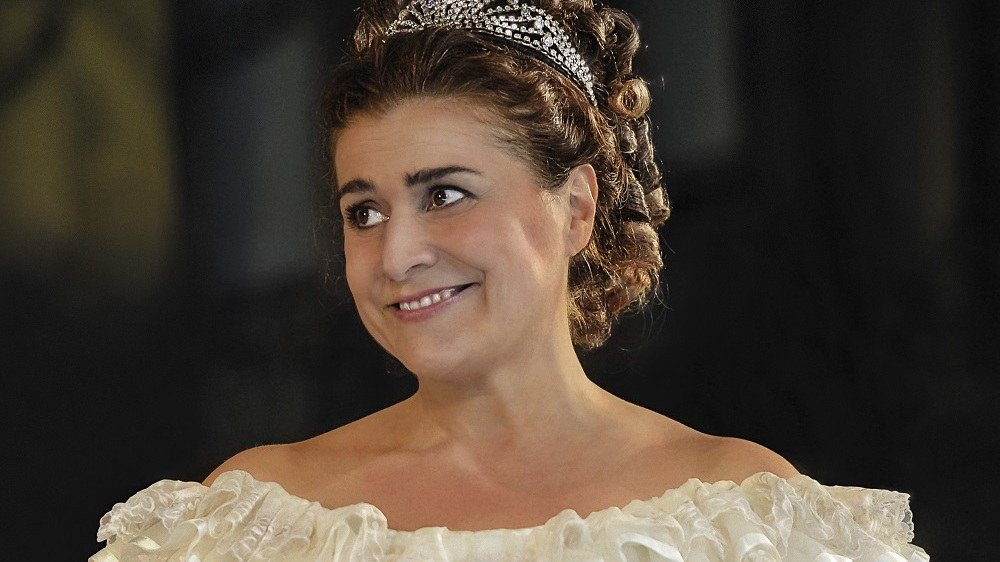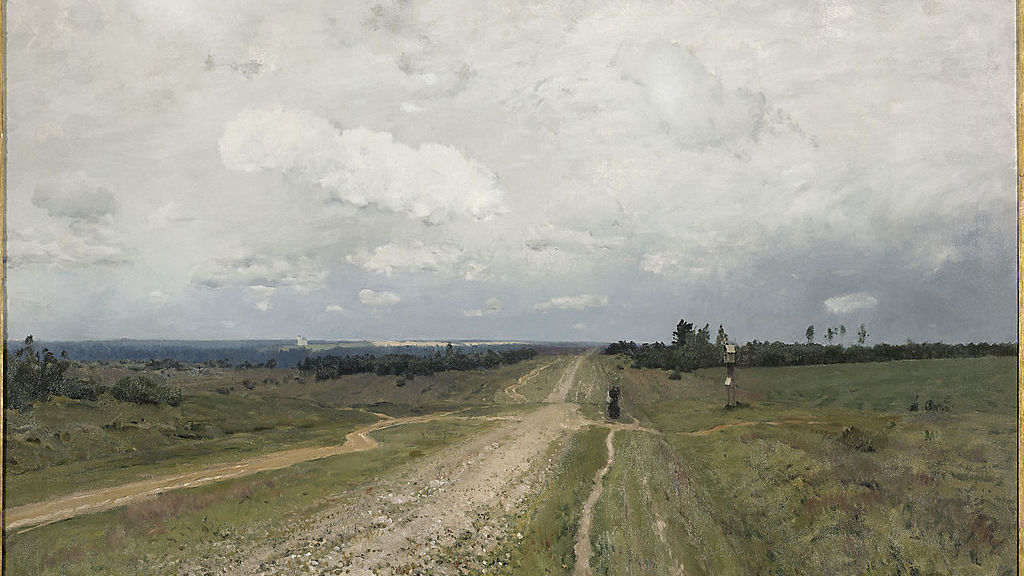Pavel Karmanov’s “Get In”: A Sunny Post-Minimalist Quintet
Born in Siberia in 1970, the Russian composer, Pavel Karmanov, has been called “a romantic dressed in a minimalist gown.” Perhaps more accurately, Karmanov’s music inhabits the sunny, uninhibited world of post-minimalism. Influenced by the repeating patterns and pulse of the 1970s works of Steve Reich and Philip Glass, this music embraces tonality and the language of contemporary popular music. Karmanov is equally at home as a flutist, pianist, and rock musician. …







